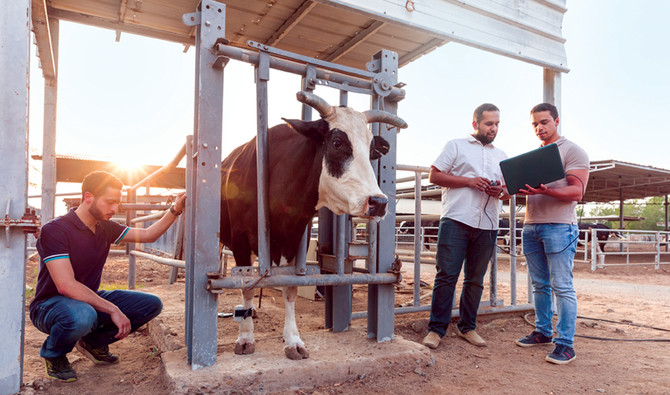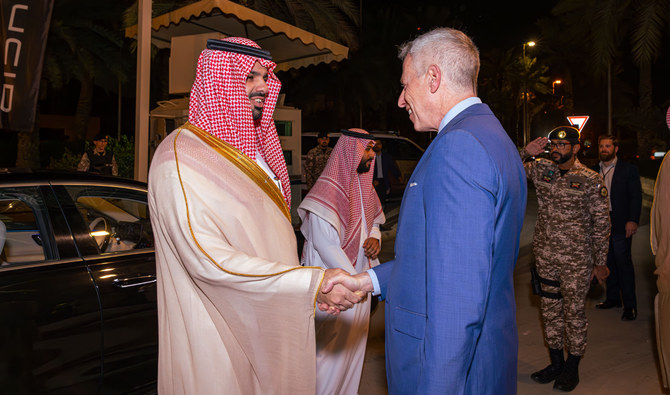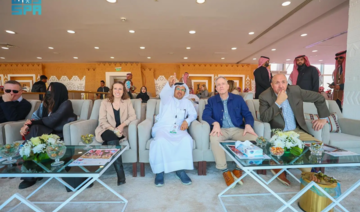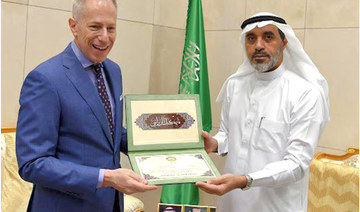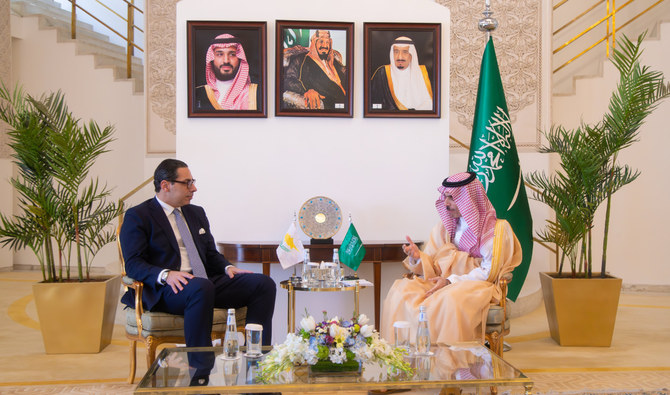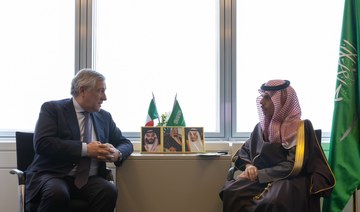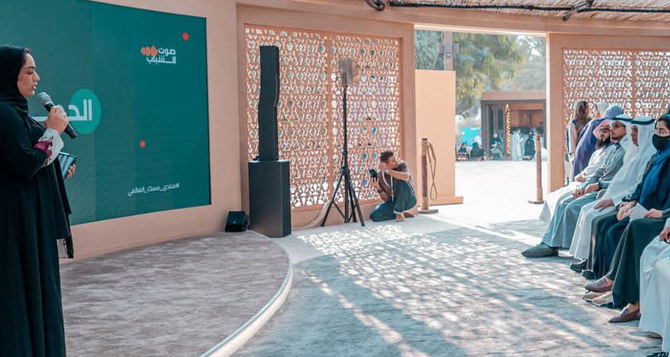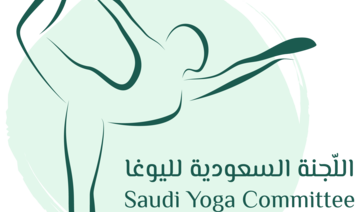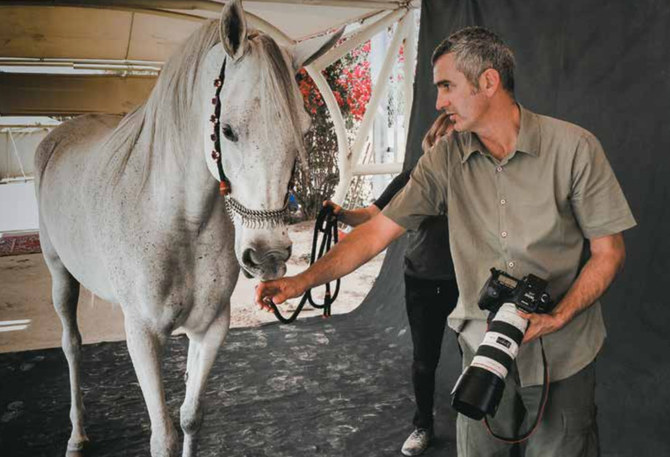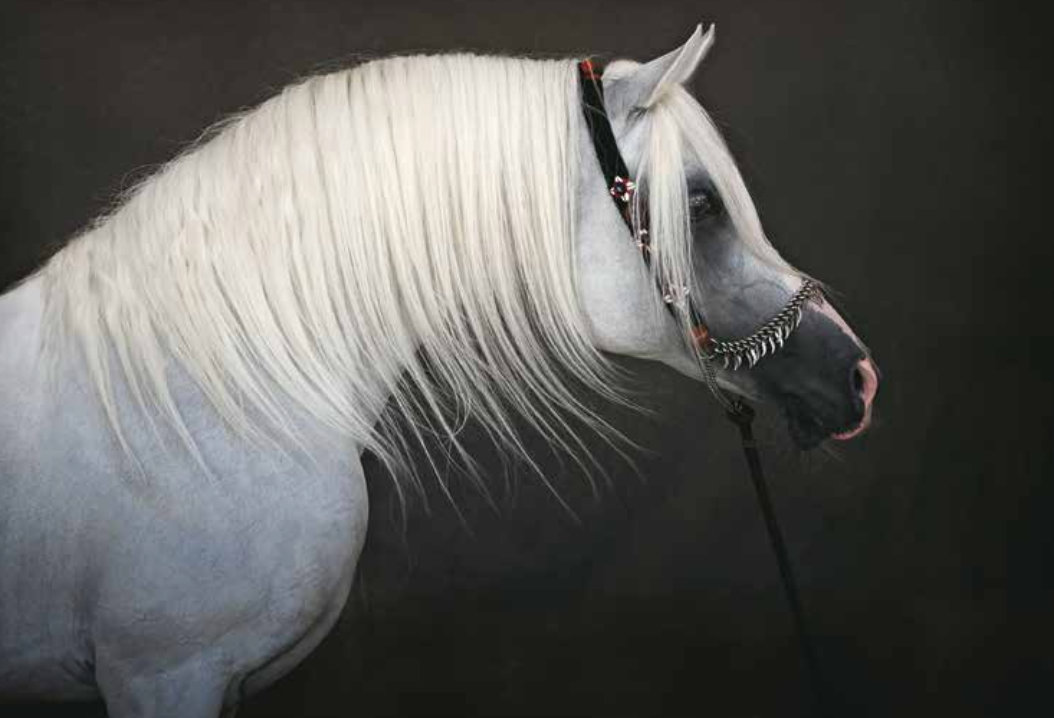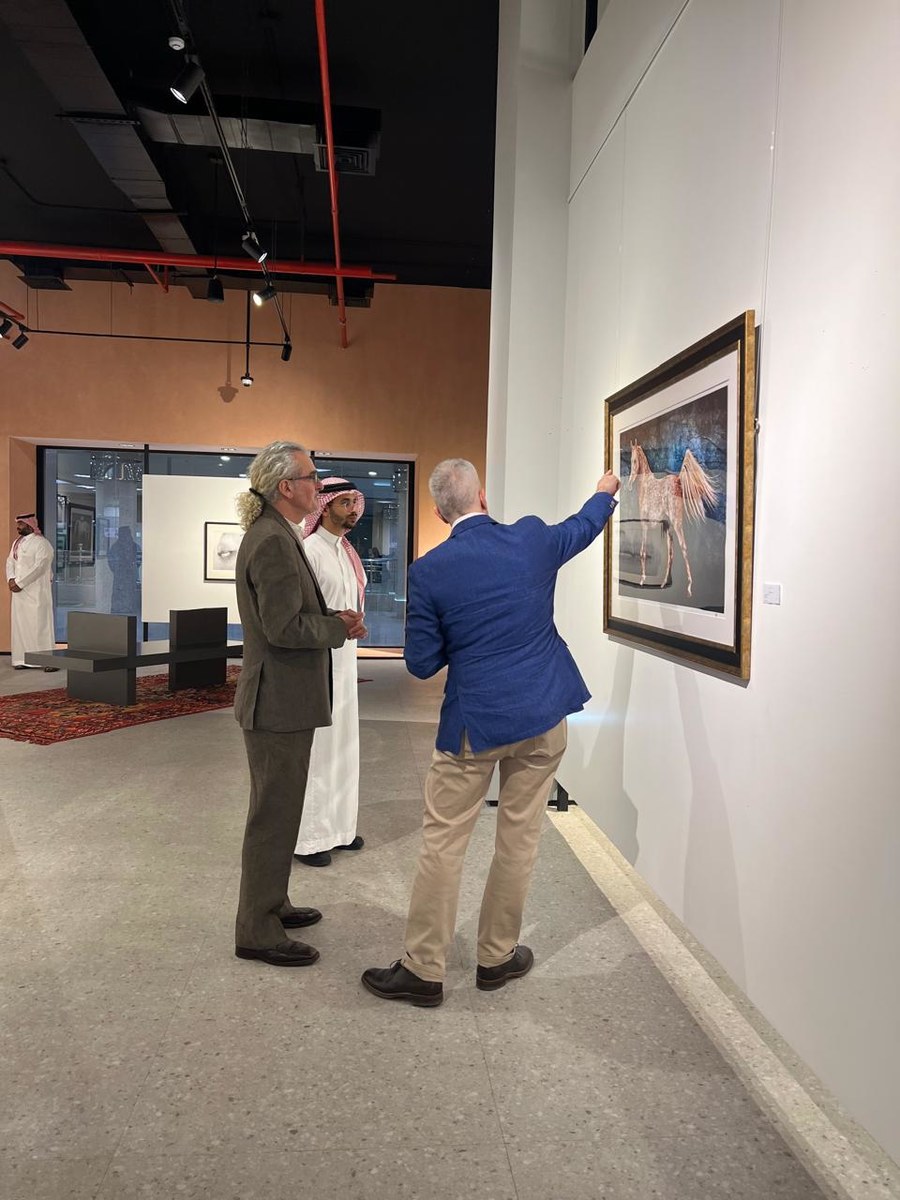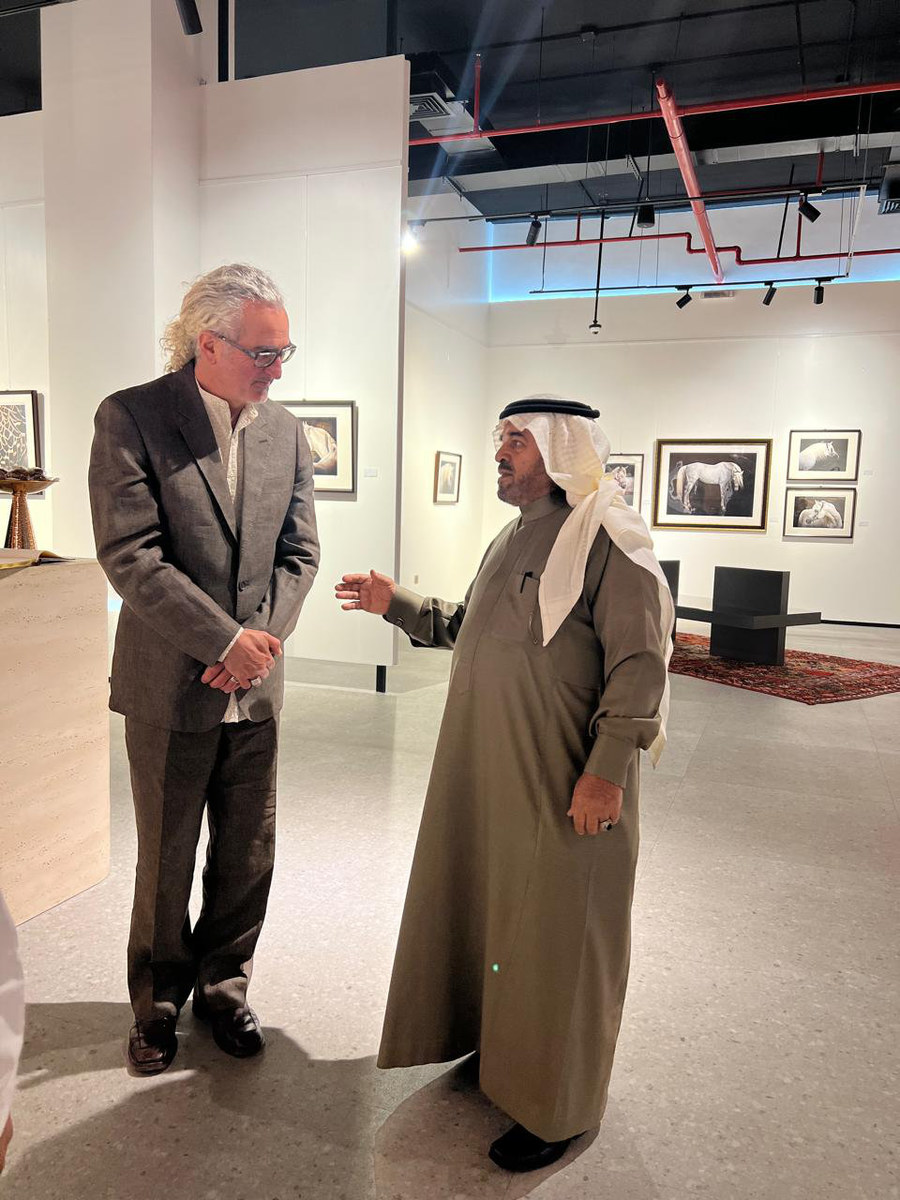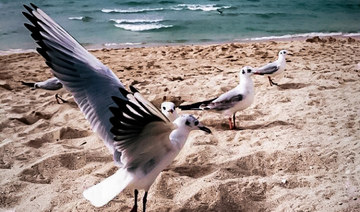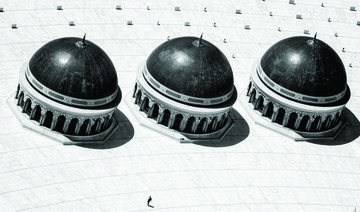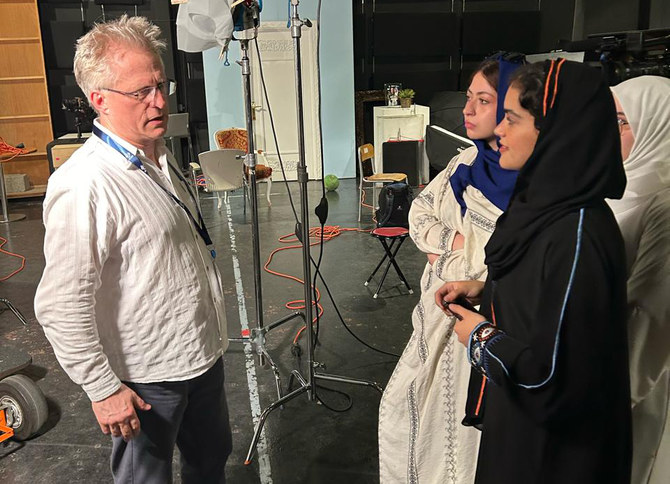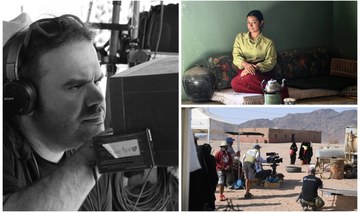DUBAI: From solar energy to helping Saudi farmers improve their livestock, the Kingdom’s young entrepreneurs are contributing in their own way toward the country’s Vision 2030 reform plan with sustainable solutions.
One of them, 25-year-old Muhannad Al-Hamed from Riyadh, aims to bring solar products to Saudi households by cheaper and more convenient means.
His e-commerce platform Dhwa sells solar products to homes across the Kingdom, to ease the process until installing rooftop solar systems becomes more feasible.
His software also helps homeowners determine the feasibility of installing rooftop solar photo-voltaic (PV) systems by sharing their home’s location then linking them with certified PV installers.
“I work in the renewable energy industry, and I get a lot of emails and calls from people asking me how to install solar PVs, and how to know if it’s feasible,” Al-Hamed said. “I did some research and found that there isn’t one solution in Saudi Arabia that’s free. You have to hire someone to come to your house to see if it’s feasible, unlike the US, where they have a lot of software solutions, such as Google’s Project Sunroof, and you can determine the feasibility while sitting at home for free.” 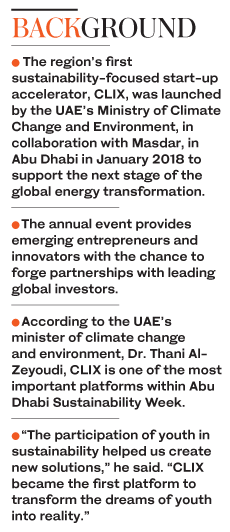
His research revealed that solar energy had become a lot cheaper in recent years thanks to its simple design, installation and maintenance. Yet determining its feasibility in Saudi households had not.
“So I thought I needed to complete that circle by coming up with a solution where users can determine the feasibility with a high accuracy rate and without having to waste a lot of money,” Al-Hamed said. “I developed software that uses Google Maps to select the location and scan the area. From there, it says how many panels you can install, the capacity, the cost to maintain it, and monthly savings.”
Once residents are satisfied with the results, the software connects them to top solar PV installers in the Kingdom. “We connect them with the right people,” he said. “Because not everyone is qualified to do this job, we direct them to the right companies.”
Al-Hamed spoke of much uncertainty in the market. A policy called net-metering governs how users can benefit from installing solar panels, but requires approval from the grid owner.
“So it’s a process, and there are many companies that work in solar panels,” he said. “So the next step that we’re working on developing is a database of major companies that are certified to do the job and will be added to our software.”
Users will receive an answer within seconds thanks to the fully automated system, providing them with the approximate number of solar panels they can install and the energy yield.
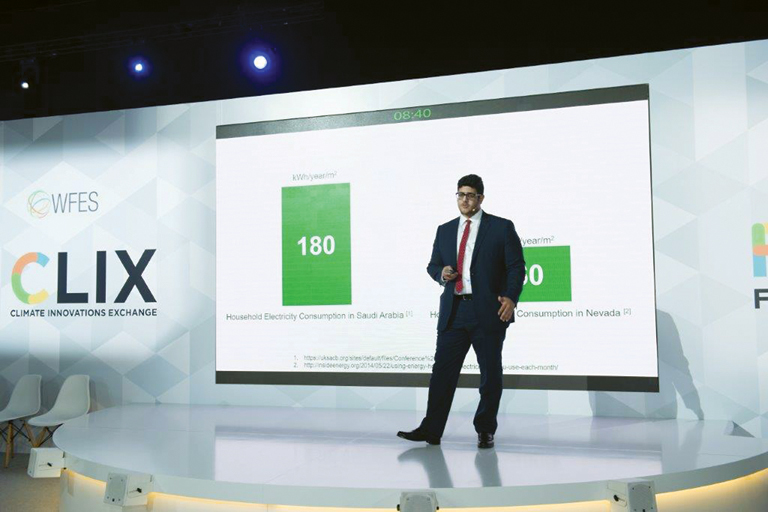
Muhannad Al-Hamed. (Masdar photo)
A feasibility report is immediately sent over, and a professional reaches out to them within a few hours or days at most.
Widespread interest in the start-up led Al-Hamed to take part in Abu Dhabi’s Climate Innovation Exchange (CLIX) event in January to showcase his company, which he started with two colleagues less than a year ago. CLIX, the region’s first sustainability-focused start-up accelerator, gives emerging entrepreneurs and innovators the chance to forge partnerships with leading global investors at Abu Dhabi Sustainability Week in January.
“It was a great opportunity, and we met a lot of people interested in investing or being a customer,” Al-Hamed said.
“A country such as Saudi Arabia, which depends heavily on fossil fuel to power its grid, needs to move away from these resources to something more sustainable, economical and environmentally friendly, like solar,” he added.
“It also enables us to spare oil and gas, and helps the Kingdom make money. This is the case for many oil-exporting countries, such as the UAE too.”
Suhaib Amer, a 24-year-old from Jeddah, is another entrepreneur coming up with innovative solutions for his country.
Along with two other Saudis from Madinah and Riyadh, they created Al Maha Systems, a tech start-up focusing on the Internet of Things (IoT) and animal health care.
“We provide services that monitor and analyze vital data for livestock in order to increase production and efficiency on the farm,” Amer said. “We utilize the latest technologies in the fields of sensing and communication in order to guarantee continuous and effective monitoring of the herd.”
The team members started their journey as master’s students at the King Abdullah University of Science and Technology (KAUST), where they took part in an entrepreneurship class that led them to the idea.
Further market research and communication with potential customers unveiled massive potential.
“The market is ready for such an idea,” Amer said. “We came up with the prototype, showed it to our potential customers, and we’re currently testing some of the technology we have on our farms.”
 Sensors, which are placed all over the farm, monitor the vitals of livestock and other relevant information. The data collected is used to generate insights for farmers and owners, to help increase their production, growth and efficiency.
Sensors, which are placed all over the farm, monitor the vitals of livestock and other relevant information. The data collected is used to generate insights for farmers and owners, to help increase their production, growth and efficiency.
“We tackle multiple elements. We start with health issues, where we detect illnesses earlier than conventional ways, and we detect optimal breeding and fertilizing time for cows,” Amer said.
“We also get other insights by collecting and analyzing data in ways that aren’t currently available, which means cows can produce more milk, with more time to produce, and they can breed faster and more efficiently.”
The group started developing the system two years ago, with a first system currently installed for testing. It should be complete this year.
Amer was the second Saudi to showcase his work at CLIX this year. “We believe it will shape the future of the food and agricultural industries,” he said.
“At CLIX, we listened to other entrepreneurs who came from around the world, and we learnt from them,” he added.
“We also had the chance to learn about the start-up scene and opportunities in the UAE, and the connections and experiences we made were invaluable.”
From the technology to the market research, Amer and his co-founders discovered a huge industry that needs to be served.
“There’s a lot of potential for our idea, and at the same time we didn’t want to be working from the outside,” he said. “So we involved people in the industry such as veterinarians, farm owners and people from the dairy industry, such as Almarai, Al Safi Danone and Nada Dairy, because we didn’t want to work in a vacuum.”
He spoke of the significance of Al Maha Systems for the Kingdom due to a somewhat “unsuitable” climate for many agricultural industries.
“So you want it to be as efficient as possible,” he said. “Because the agricultural industry is very industrial in Saudi Arabia, it gave us the opportunity to implement our system on a large scale, which we can’t do in other countries where there are smaller farms. We have to be efficient (and) innovative; this is what we’re trying to get to.”


